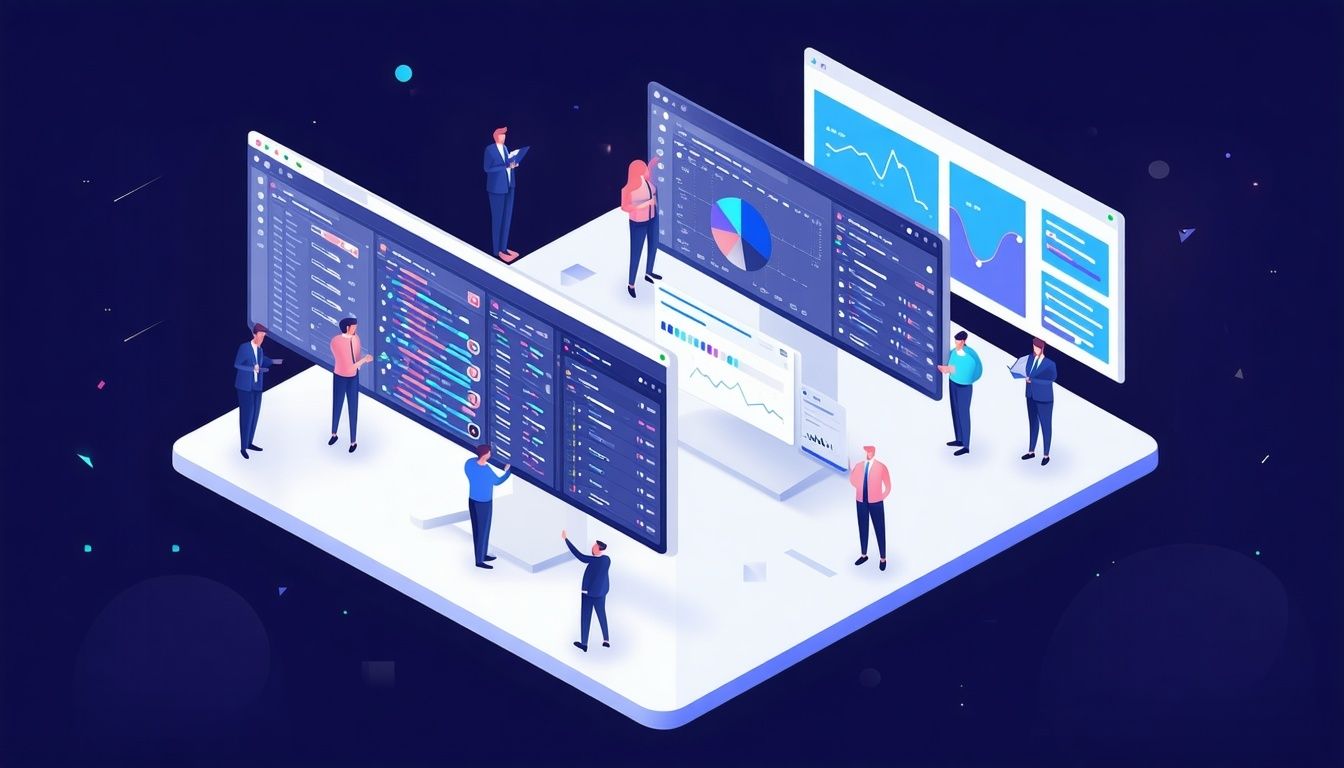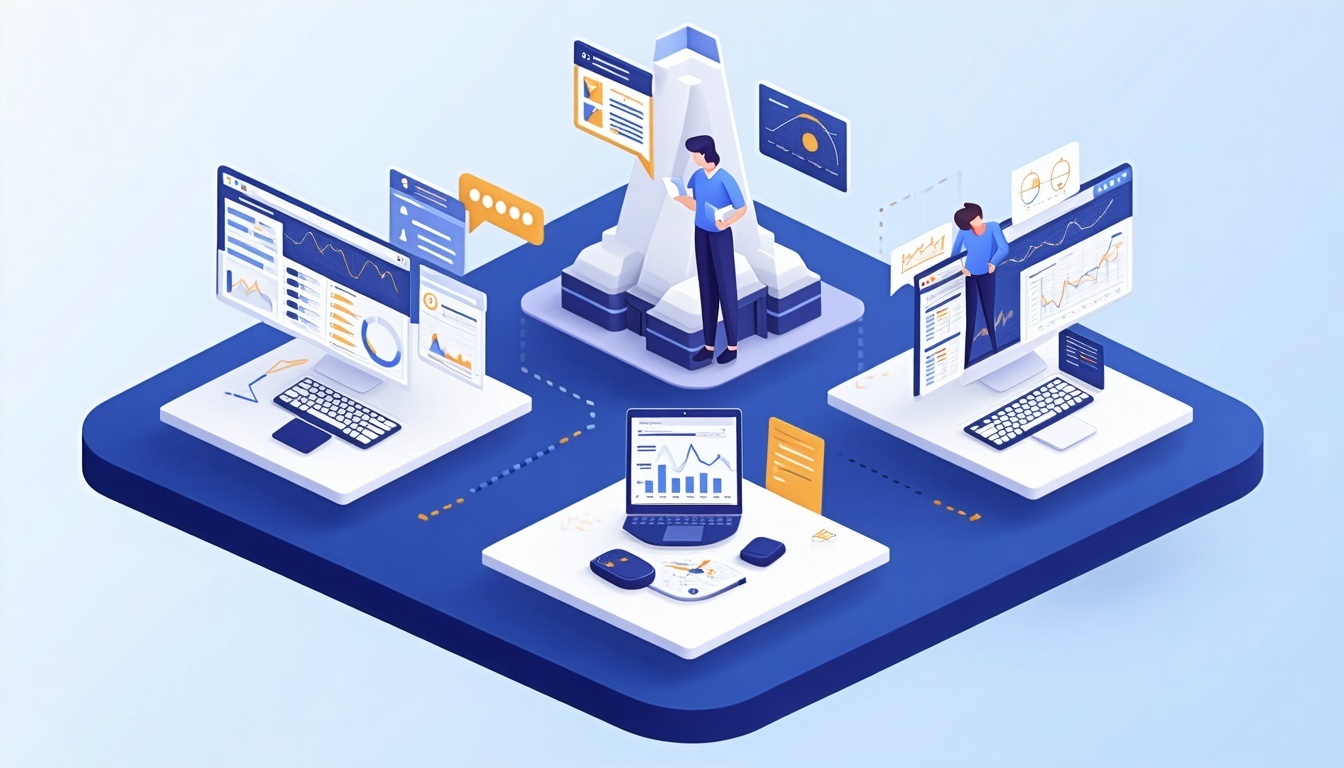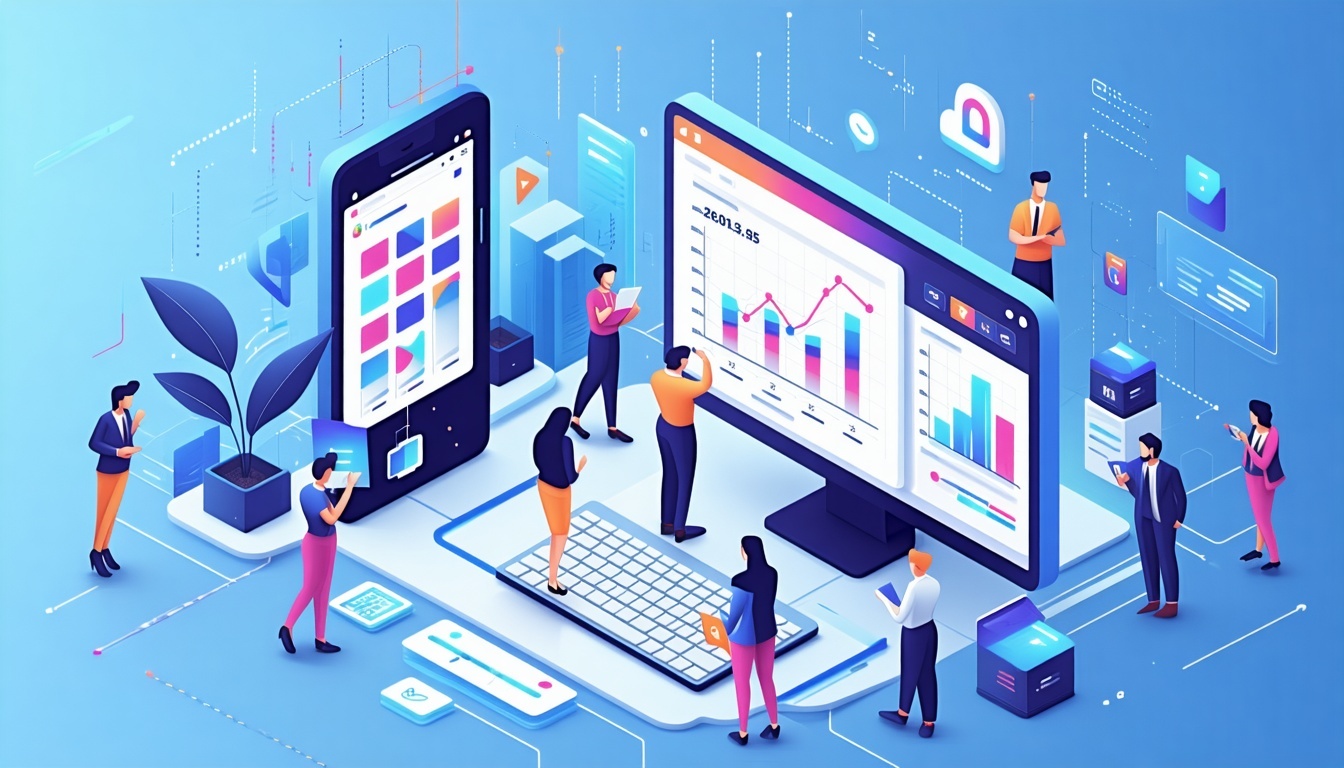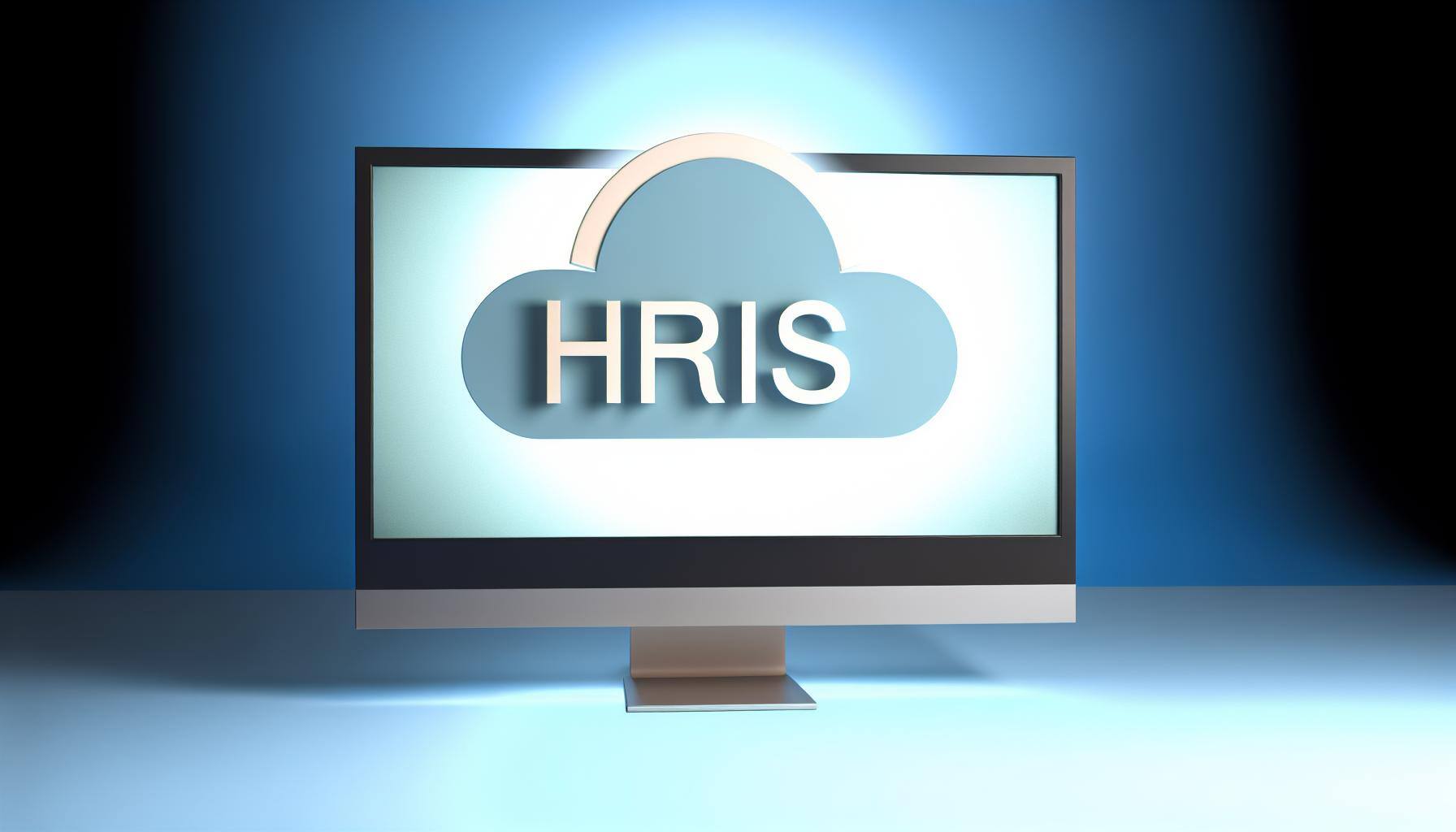Top 5 Benefits of a Learning Management System (LMS)
September 15th, 2023
3 min read
By Dana Vincent

It’s easy to lose control of your onboarding process; even harder to gain control over ongoing education. You spend so much sifting through resumes, interviewing countless candidates, and onboarding them to your team. So why does it feel like you’re always playing catch-up?
Failing to stay on top of training has consequences. Businesses face low morale, high turnover, reputational damage, decreased profits, and even legal action for failing to provide learning and development opportunities to their team.
Worse yet, the “analysis paralysis” leaders feel when determining how best to do “the right thing” can create a window of opportunity in which more harassment might be carried out unnoticed or unaddressed. One study found that 60% of women in the food service industry experience harassment on a weekly basis; 30% of those women said it’s every shift.
With the pressure to lead the charge on employee education quickly mounting, leaders are increasingly turning to learning management systems (LMS) to implement their learning programs. An LMS acts as a centralized hub for online learning. These types of platforms often include:
- Onboarding materials,
- Mandatory training or certification programs, and
- Courses that strengthen or expand employees’ skills.
Lift HCM has over 50 years of experience in managing professional learning and development programs across a multitude of industries. We’ll school you on the biggest benefits of implementing an LMS platform to help you decide whether it’s a smart move for your business.
LMS Benefit #1. Maintain Compliance
While navigating the implementation of an LMS on your own can be treacherous and time-consuming, the consequences of inaction come at much too high a cost. A study presented at the International Economics and Business Management Conference found a strong correlation between the number of untrained or poorly-trained employees and on-the-job injuries.
Each injury sustained due to inadequate training has the potential to damage your company’s reputation and prompt legal action from affected employees. It may also increase your workman’s comp premiums for up to three following a claim.
LMS Benefit #2. Centralize Knowledge
Having an easily-accessible portal for learning materials comes in handy when compliance standards call for the completion of mandatory training programs. A Qstreams report found 52% of organizations had difficulty delivering on their regulatory requirements for employee training.
When it comes to taking action on your learning and development, doing “none of the above” is not an option. Job-specific credentialing and licensure aside, several states enforce mandatory employee training on certain topics. While requirements vary by state, these mandatory topics can include:
- Leave of Absence
- Sexual Harassment,
- Compliance and Ethics
- Leave of Absence Training
- Fair Labor Standards Act Training
- Performance Management Training
- Non-Discrimination and Anti-Retaliation
- Workplace Safety:
- Emergency Action Plan
- Personal Protective Equipment (PPE)
- Hazard Communication
- First Aid
Implementing an LMS makes it easy to track progress and completion of onboarding and training modules. It helps you avoid non-compliance fees while equipping employees with the knowledge they need to maximize their contribution to the team for the most up-to-date versions of important information and processes.
LMS Benefit #3. Monitor Completion
Implementing an LMS is a great way to centralize knowledge within your organization. It’s easy to store workflow diagrams and training decks in Google Drive. But the second that content is outdated or duplicated, things get out of hand.
However, learning management systems make it easy to offer a single source of truth (SSOT). SSOTs play an instrumental role in organizational knowledge management by providing a centralized repository for documentation on the latest processes and workflows.
LMS Benefit #4. Raise Productivity
Robust data supports the kind of return on investment learning and development programs can provide. A study by the National Center on the Educational Quality (EQW) recorded an 8.6% gain in productivity after a 10% increase in educational development. Companies with comprehensive training programs have 218% higher income per employee.
However, simply “having” a learning and development program in place may not be enough to move the needle. Like all content, your course materials and curricula are at the mercy of participants’ attention spans. One study found that 70% of workers would leave their employer for a company they perceived as being more invested in their education.
LMS Benefit #4. Increase Retention
Substantive Neglecting or ignoring decision to remain in their roles.
First Steps in Implementing an LMS
Choosing to neglect or ignore your learning and development initiatives may teach you a few hard lessons on regulatory compliance, workman’s comp, and lawsuits. You do not want to pay the tuition on any of these.
Lift HCM has been providing managed LMS services to teams like yours for three generations and counting. We help businesses comply with state and federal training requirements and ensure your efforts to upskill your team doesn’t slip through the cracks.
If you’re interested in learning more about implementing an learning management system in your company, understanding the role of an LMS in the broader umbrella of human capital management can be a good place to start.
Dana Vincent is a seasoned Business Development Manager, who supports business owners in finding the right solutions for their payroll and HCM needs. Dana comes from a background in restaurant management, and has used that experience to understand the needs of small business owners. From small companies to large, Dana can help them with tools that can streamline their processes, enhance their compliance, and aid in their talent management. Outside of work, Dana is kept busy with her family, training her young dog to stop jumping on people, and renovating her 100 year old home.
Topics:









.jpg?width=3000&height=2000&name=image%20of%20people%20pushing%20clock(1).jpg)

.jpg?width=1344&height=768&name=a%20software%20interface%20showcasing%20payroll%20management%20tools(1).jpg)
.jpeg?width=1024&height=1024&name=An%20image%20of%20a%20cloudbased%20payroll%20system%20with%20realtime%20accessibility%2c%20enhanced%20security%2c%20seamless%20integrations%2c%20scalability%2c%20and%20costeffectiveness%20bene-2(1).jpeg)

.png?width=2000&height=1376&name=payroll%20software%20image(1).png)




-1.jpg?width=1000&height=550&name=Businessman%20hand%20typing%20with%20cloud%20technology%20system%20and%20office%20symbol%20concept%20(1)-1.jpg)


